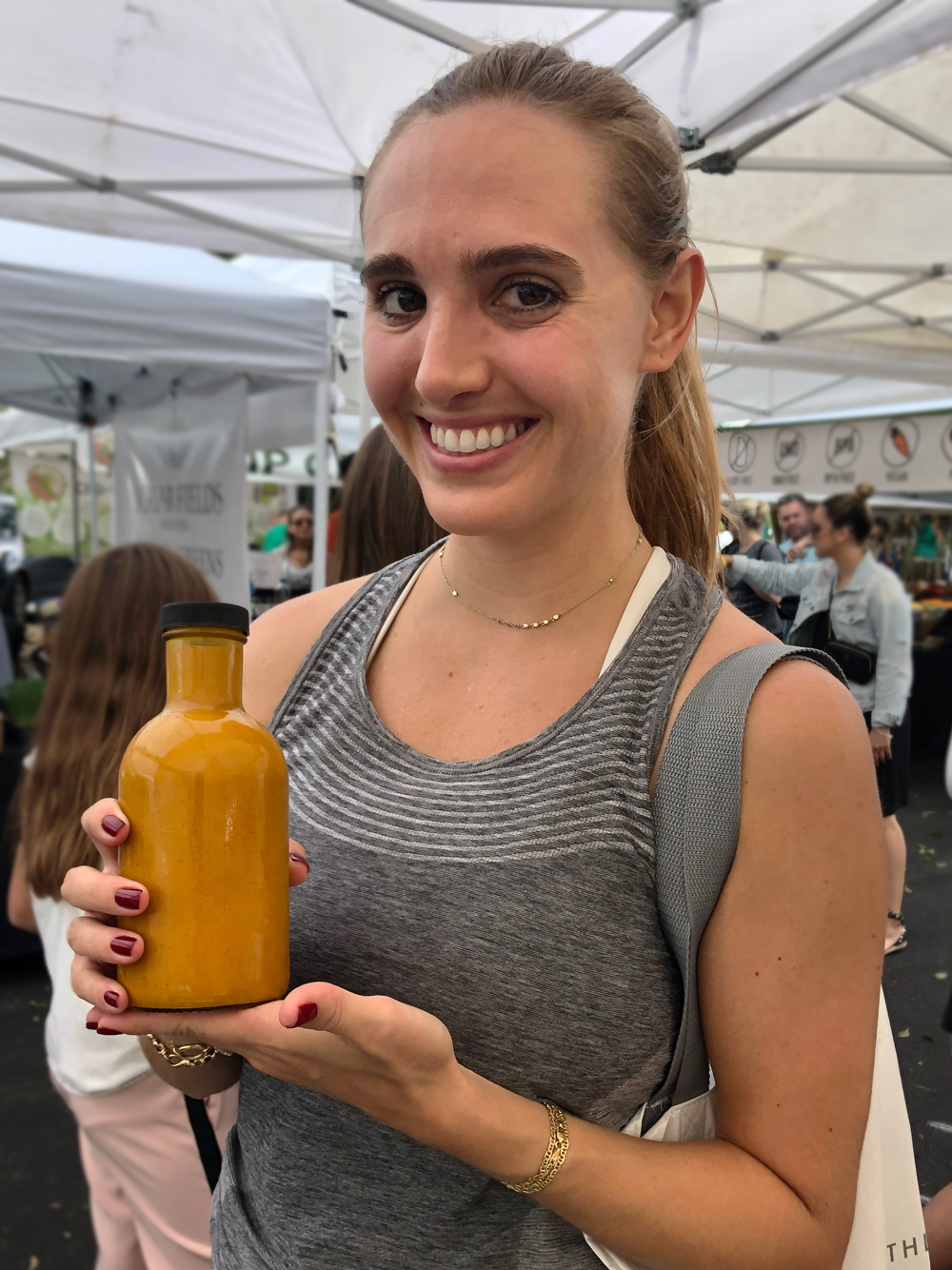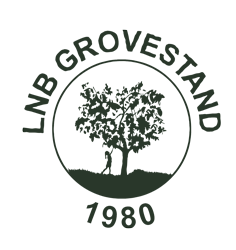
Isabel
Name:
Isabel
In what part of town do you live?
Miami Beach.
Would you tell us a little bit about yourself?
I grew up and went to school in the Grove. My family’s from Ecuador, so we would go to our family farm every summer and every Christmas, so I’ve always been very connected to nature. I went to business school in Boston and that’s where I learned about and developed a passion for sustainability. It was thanks to a professor of mine. Ever since, I’ve been a very passionate and devoted environmentalist and made it my life’s work. Now, I am a kindergarten teacher at the same elementary school that I went to.
Would you tell us a little bit about the class and the professor that inspired you?
It was a rhetoric class, so we had to learn how to read and be good public speakers. My teacher was an environmentalist, so she would weave sustainability into all facets of the curriculum. We learned about climate change, species extinction, sea level rise, pollution, plastics, and all sorts of environmental degradation. It was 10 years ago and no one really talked about it yet. I got very involved in my college and I started advocating for a sustainability major. By the time that I graduated, they created one.
What’s you family farm like in Ecuador. Would you tell us a little bit about that experience?
My husband and I are going this week for Thanksgiving. My mom’s family has had a farm for several generations. It was very rustic when my mom was growing up. They didn’t have electricity. It was a dairy farm, and throughout my parents tenure, they changed it to a broccoli farm. They export broccoli to Japan. I grew up going to the farm for two months in the summer and a month for winter break. I would ask Santa for a baby sheep or a lamb, or a baby llama or a dog. Then we got a male lamb, and five years later we had a ton of lambs. It’s been a dream of mine to go back to that model and have an animal farm sanctuary of my own – a peaceful home for all creatures.
In your kindergarten classes, are you incorporating sustainability into your lesson plans?
Oh yeah! I’ve talked to them about climate change. We talk about solutions to climate change. We focus on reducing waste. We eat only what we serve ourselves at lunch. We compost our snack fruits in the classroom. We encourage kids to eat more fruits than processed snacks.
I ask them to raise their hand if they’ve seen the streets flood on a sunny day and most kids raise their hand. They pick up plastic and their moms or their nannies will send me videos of them picking up garbage and collecting and throwing it away.
Does the awareness trickle up to their parents?
Definitely. The kids push their parents to improve. I taught the kids a couple of easy tips to reduce plastic waste. One for example is to say no to plastic bags in the grocery store and take your own reusable bags. And a lot of parents have started doing that. If you get home with plastic bags and your five-year-old says ‘you can’t do that, you’re killing turtles and animals and polluting our waters’, then you know you have to shift. I’ve seen a big change in the parents.
What’s the most fun part about teaching?
Hearing stories from parents or other teachers about how these kids enjoy being green and they’re proud to be an eco-warrior. Like my professor in college taught me, one person spreads to 10 people and those 10 people spread to another 10 people. That’s how we’ll get the message across. It starts with the kids, with the parents, with the school and the whole community. It’s a pretty big impact when the numbers add up.
How often do you come to the Pinecrest market?
Not very often. My mother-in-law goes every Sunday. She loves it and she shops at a few places. She chooses organic, she’s very conscious. She brings her reusable bags. I’m very proud of the changes she’s made, and she lives by the phrase ‘when you know better, you do better.’ This week we went – just the two of us, and we had such a great time. It’s so nice to have that experience in Miami. When I was growing up, it didn’t exist. We didn’t have farmer’s markets.
Would you tell us a little bit about your day at the market and what you discovered?
We went for some vegetables for lunch and we ended up getting a huge box of green beans and some zucchini and squash that we grilled for lunch. Then we went to your stand and got the turmeric concentrate. It actually has come in handy because I never get sick but last night I felt pretty sick and had a shot of your turmeric and I woke up feeling better. Having your shot of ginger, turmeric, honey, lemongrass, and black pepper is like a real remedy versus taking an Advil.
We also had the rainbow smoothie, which was delicious! I really liked them all. I tried it layer by layer and then I tried to dip the straw and mix them all. They were very tasty and so diverse. I love when I can have fruits that I normally don’t eat and all in one smoothie. It’s a powerful punch of nutrition.
Where else did you visit at the market?
We were pretty in and out. I love the fact that there are farmer’s market and I don’t knock anything about it, but there are certain stands that have products from Mexico and products from Dole, and of course it’s better than nothing, but there’s some producers like you guys that actually grow your own produce and that’s why we go to the farmer’s market. We go to get stuff from the source.
What restaurants do like to go out to?
I really like Stubborn Seed, south of fifth. I like Lilikoi, also south of fifth. Everything’s organic, I really appreciate that. We do like to try new restaurants. My husband used to have a restaurant, so he loves going out to dinner and trying new things and he’s in real estate and brokers restaurant and retail deals. He’s always in the know and has to check out new places that pop up. I’m usually his sidekick. Also, Plant Food and Wine at the Sacred Space– I Love, love, love what they’re doing over there.
What about for a special occasion? Where might you guys go?
We went to Fiola with my in-laws a couple of weeks ago and it was very good. It’s an Italian restaurant in South Miami.
What’s Miami’s best kept secret?
I don’t know if it’s a secret, but I love South Point Park. There’s something about going to the dog park there. We have two dogs – one that we rescued from the street and one was abandoned at a dog groomer. We love walking along the beach and along the boardwalk during sunset. There’s people that play the trumpet out there and yogis doing acro-yoga. It’s such a serene vibe and now that the weather’s nice, it’s my favorite thing to do in Miami.
Where a splurge for you?
I love to travel, and I consider that a big splurge because flying’s awful for climate change. I’ve started offsetting my flights. There are great companies now to offset your flights.
What’s a good rainy-day activity?
Cooking something at home or baking something. Listening to music and having a glass of kombucha.
What community groups or philanthropic groups are important to you that you might like to share?
I love the CLEO Institute. They’re my favorite organization in Miami. They’re really at the forefront of educating people on climate change. I love Miami Water Keeper. I love the Sierra Club and the Tropical Audubon Society.
Where can people learn more about the environment and sustainability?
I really recommend Paul Hawkins book ‘Drawdown’. It’s a simple book with the top solutions that are viable. Everything that he talks about are things that already exist today and it would be financially feasible for us to do. For example, the number one thing that we can do is change refrigerants. Instead of using hydro-fluorocarbons, we can switch to propane or ammonium.
Is there a question you would like to ask us?
How did you guys get started in the farming world?
(A+W) Adena’s parents started the farms in 1980. Adena grew up on the farm until high school. The home farm has grown into many properties growing tropical fruits and produce. Eight years ago, we started doing the farmer’s market and keep expanding our product offerings based on seasonal ingredients.
Is there a question or a challenge or something you would like to ask the community?
I would like to challenge everyone to reduce food waste and to eat more plant based. I think those two things that would have a profound impact on our community. Miami’s the number one most vulnerable place for sea level rise. It’s called ground zero in the U S for sea level rise, and I think we have an opportunity to be a leader in mitigating and reversing climate change. It all starts at home and changing person by person. I would challenge everyone to eat one more plant based meal and to start composting.
What have I not asked that’s important to you?
I had a stroke four years ago, a massive brain stroke and I survived for various miraculous reasons. I think it’s very important for people to be aware that age is not a factor in stroke but it’s really lifestyle. I think birth control and synthetic hormones and all of these synthetic chemicals that we’re exposed to are so damaging to our bodies and to our environment.
How did your outlook on life change from having a stroke?
I am so grateful to be alive and every single day I’m an advocate for stroke recovery. Actually the neurosurgeon who saved my life, and a friend and I are starting a support group for stroke survivors. Five or ten years ago, people that had a stroke would go to the hospital and there wasn’t much that could be done. Now, they’ve developed new technology that actually removes the clot from your brain through a very noninvasive procedure. Stroke issues can be mitigated and even reversed. I feel very fortunate that I was one of the first people to get that treatment and my outcome was so miraculous that I feel incredibly blessed and so grateful to be alive.
(A+W) Thank you so much for sharing.
Thank you so much for your time. I really appreciate your interview and the work you do for the community, spreading food, education and environmental education and really doing the hard work of farming.
Related Posts
Leave a Reply Cancel reply
You must be logged in to post a comment.



